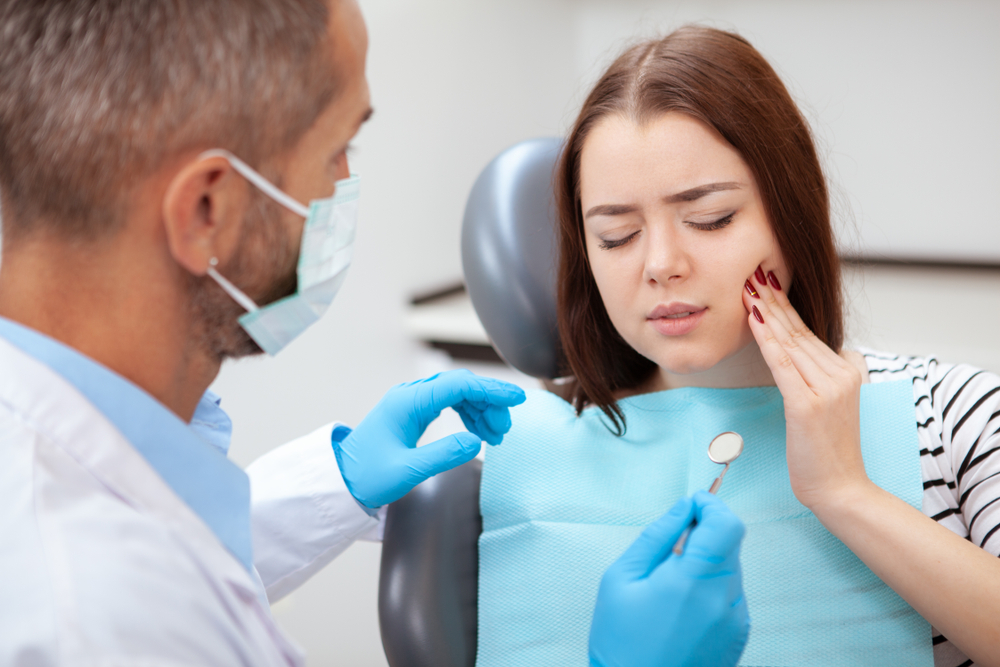When it comes to oral health, emergencies can arise unexpectedly, causing discomfort, pain, and anxiety. In such situations, knowing what constitutes a dental emergency and how to respond promptly can make a significant difference in preserving your oral health and well-being. Thind Dental Clinic, located in Ludhiana, is dedicated to providing expert care in urgent oral situations, ensuring that you receive the attention you need when you need it the most.
Understanding Dental Emergencies
A dental emergency is a situation that requires immediate attention from a dental professional to alleviate pain, prevent further damage, and ensure the best possible outcome for your oral health. Dental emergencies can manifest in various forms, ranging from sudden pain to trauma caused by accidents. Recognizing the signs of a dental emergency can help you respond appropriately and seek timely treatment.
Common Dental Emergencies
1. Severe Toothache: Intense and persistent toothache can indicate an underlying issue such as an abscessed tooth, tooth decay, or a damaged filling. Prompt evaluation and treatment are crucial to relieve pain and address the root cause.
2. Knocked-Out Tooth: If a tooth gets knocked out due to an accident or injury, it’s essential to act quickly. Rinse the tooth gently, avoiding the root portion, and try to place it back into the socket. If that’s not possible, store it in a container of milk or saliva and seek immediate dental attention.
3. Broken or Cracked Tooth: A fractured tooth can expose the sensitive inner layers, causing pain and potential infection. Rinse your mouth with warm water, and if possible, gather any broken pieces of the tooth. Contact your dental clinic in Ludhiana for guidance.
4. Lost Filling or Crown: A lost filling or crown can leave the affected tooth vulnerable to further damage. Keep the area clean and avoid chewing on that side. Your dentist at Thind Dental Clinic can restore the filling or crown promptly.
5. Bleeding Gums: While mild gum bleeding during brushing or flossing can be common, excessive or persistent bleeding could indicate gum disease or other oral health issues. Rinse your mouth gently with warm water and schedule an appointment with our dental experts.
6.Dental Abscess: An abscess is a painful infection that can develop around the root of a tooth or in the gums. It requires immediate attention to prevent the infection from spreading. Contact our dental clinic in Ludhiana to address the abscess and alleviate discomfort.
Responding to Dental Emergencies
In any urgent oral situation, the first step is to remain calm. Then, take appropriate actions to minimize pain and prevent further damage before seeking professional help:
1. Toothache: Rinse your mouth with warm water and gently floss around the affected tooth to remove any debris that might be irritating. Avoid using sharp objects to clean your teeth, as this could worsen the situation. Over-the-counter pain relievers may provide temporary relief, but it’s crucial to consult a dentist for a thorough examination.
2. Knocked-Out Tooth: Handle the tooth by the crown (the top part) and avoid touching the root. Gently rinse the tooth with water if it’s dirty, but do not scrub it. Attempt to place the tooth back into its socket, ensuring proper orientation.If reinsertion isn’t possible, keep the tooth moist by placing it in milk or between your cheek and gums while you head to Thind Dental Clinic.
3. Broken or Cracked Tooth: Rinse your mouth with warm water to clean the area. In case of swelling, use a cold compress on the outer part of your cheek. Collect any broken pieces of the tooth and bring them with you to your dental appointment.
4. Lost Filling or Crown: If a filling or crown comes loose, use dental cement or temporary dental adhesive (available at pharmacies) to cover the affected tooth temporarily. This will protect it until your dentist can restore it properly.
5. Bleeding Gums: Rinse your mouth with warm water to clean the area and remove any blood. Gently apply pressure with a clean gauze or cloth if the bleeding continues. Reach out to Thind Dental Clinic for a comprehensive examination to determine the cause of the bleeding.
6. Dental Abscess: Rinse your mouth with a mild saltwater solution to help reduce discomfort and draw out the pus. Avoid hot or cold foods and drinks that could worsen the pain. Seek professional care as soon as possible to address the infection and prevent its spread.
Trust Thind Dental Clinic in Ludhiana
Thind Dental Clinic, located in Ludhiana, understands the urgency and stress that dental emergencies can cause. With our experienced team of dental professionals, we are committed to providing prompt and effective care to address urgent oral situations. Our state-of-the-art facility is equipped with the latest technology to ensure accurate diagnoses and appropriate treatments for various dental emergencies.
When faced with a dental emergency, your safety and well-being are our top priorities. Our compassionate staff is here to guide you through the situation, offer immediate relief, and develop a personalized treatment plan to restore your oral health.
Prevention and Preparedness
Though dental emergencies can arise without warning, there are measures you can adopt to reduce the likelihood:
1. Maintain Oral Hygiene: Regular brushing, flossing, and dental check-ups can help prevent many dental issues that could lead to emergencies.
2. Protect Your Teeth: Use mouthguards during sports activities to reduce the risk of dental injuries.
3. Steer Clear of Chewing Hard Items: Prevent cracks or fractures by abstaining from biting down on objects like ice, popcorn kernels, or pens.
4. Stay Prepared: Keep a small dental first aid kit at home and when traveling, including items like dental adhesive, gauze, pain relievers, and our contact information.

